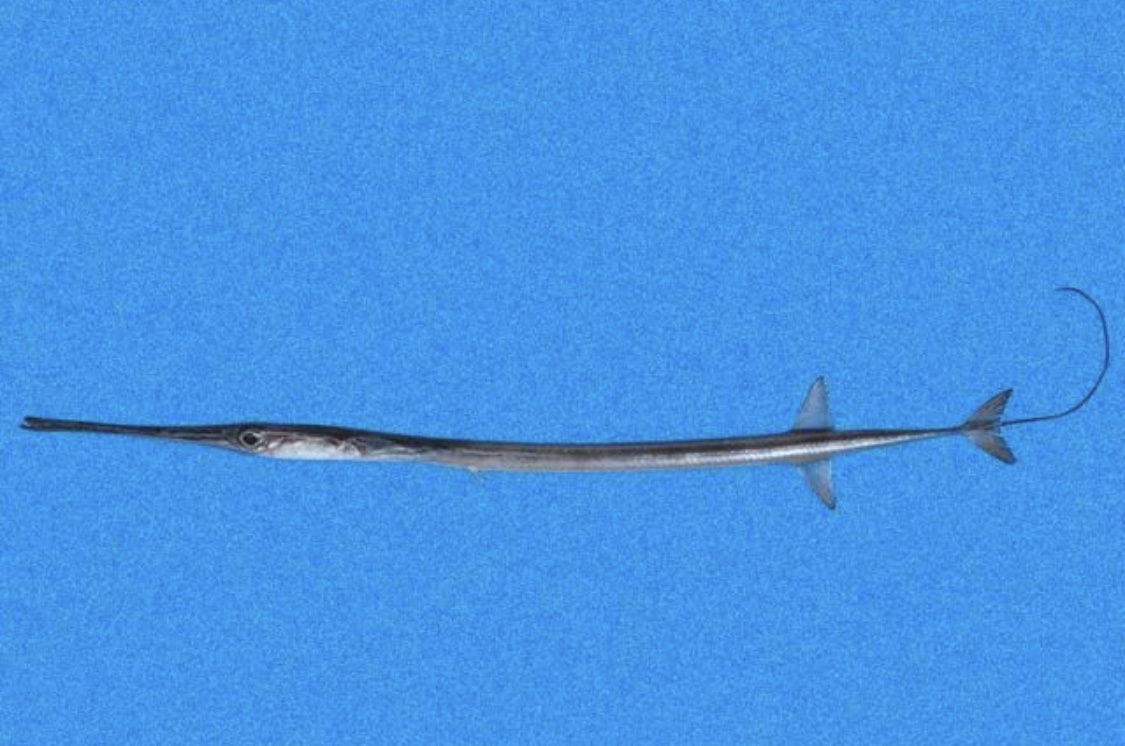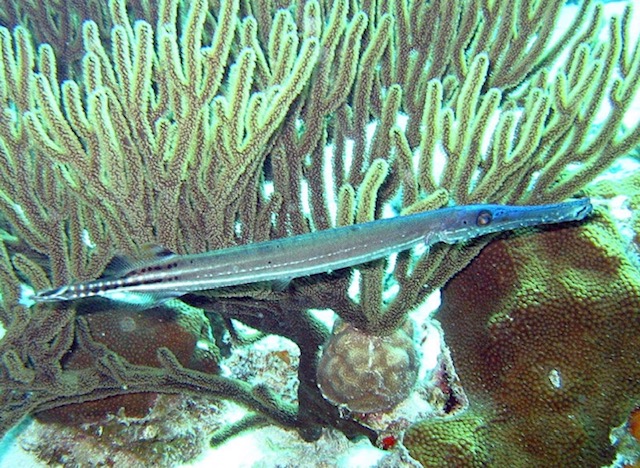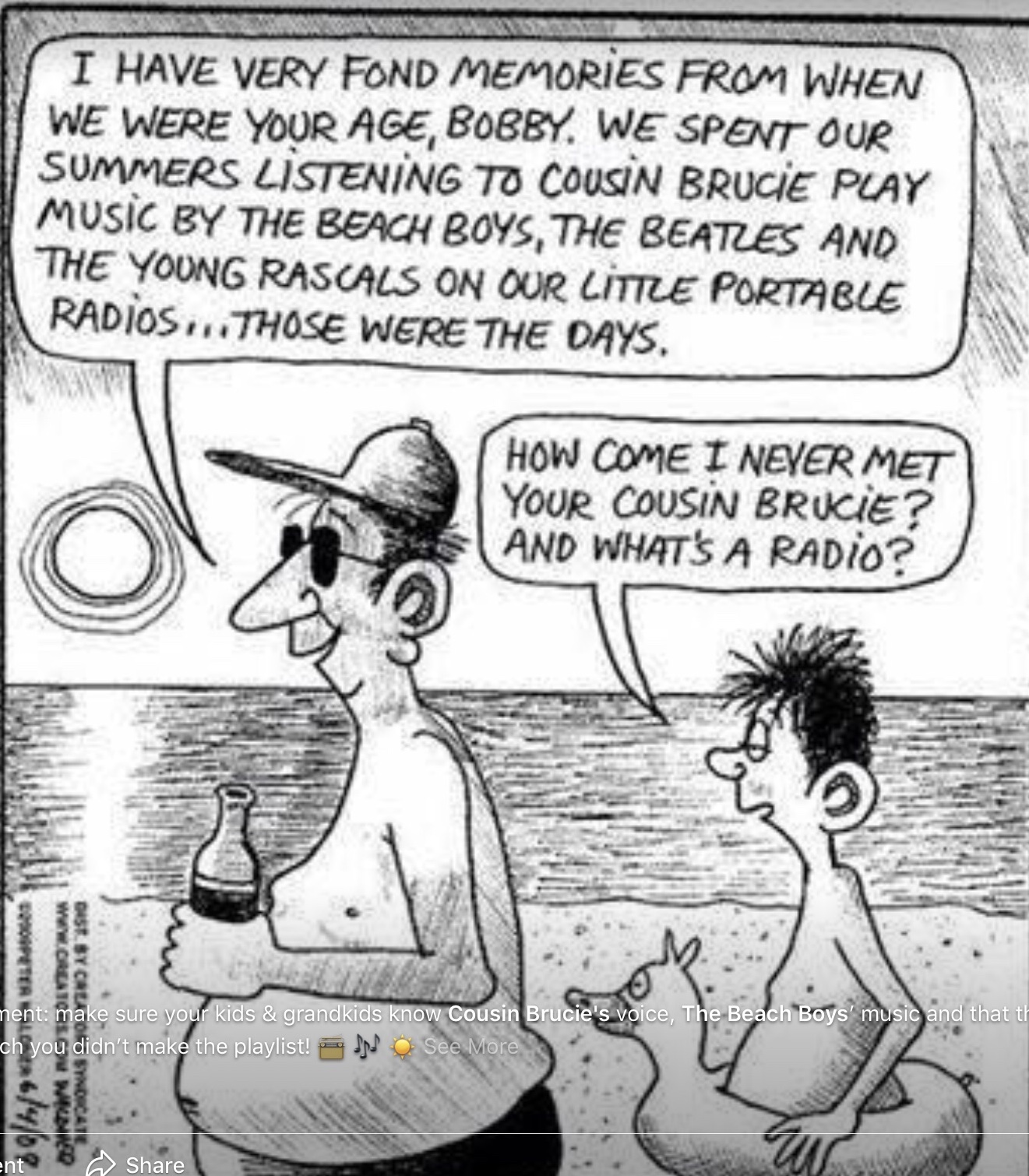I’m not sure where to put this, but it started my day out good after someone sent it to me, so i thought i would pay it forward. Dwight Adams is playing trumpet.
Posts made by SSmith1226
-
Stevie Wonder’s version of Spainposted in Jazz / Commercial
-
RE: And I thought we were exposed playing the Trumpetposted in Lounge
@Kehaulani said in And I thought we were exposed playing the Trumpet:
You gotta watch those handbags and shoes!
Or jewelry
-
RE: And I thought we were exposed playing the Trumpetposted in Lounge
@barliman2001 said in And I thought we were exposed playing the Trumpet:
@SSmith1226 So you did get that Stomvi corno... does Barbara know?
She was with me in Valencia. As a result it indirectly cost me twice as much!
-
RE: Anyone like fishing? (when taking a break from Trumpet, that is...)posted in Lounge
@Tobylou8 said in Anyone like fishing? (when taking a break from Trumpet, that is...):
1- LONG skinny fish
2- Short skinny fish
3- Fishing lure



Close, but not the answers I was looking for. Due to the overwhelming response to this quiz I’ll give the group 24 more hrs, and then post the correct answers if the mystery is not solved by then.
-
RE: And I thought we were exposed playing the Trumpetposted in Lounge
The point of my post was 1) I didn’t realize the French Horn was so difficult to play and unpredictable. ( I have enough problems with the Trumpet) 2) I was rather surprised that the New York Times published this piece that was so critical of French Horn Players, especially the 27 year ( at the time of this article) Principal Horn Player of the New York Philharmonic. He retired from this position 10 years after this article was published at age 68. 3) shortly after entering High School the French Horn playing Band Director tried to get me to “convert” to the French Horn. I too resisted and worked my way up to the First Trumpet folder by senior year. 4) while traveling in Spain I picked up a Stomvi Corno da Caccia, , AKA Soprano French Horn, that plays with a Trumpet or Flugelhorn Mouthpiece. It sounds and plays more like a 4 Valve Bb Flugelhorn. It seemed to amaze Horn Players in my Community Band that I could play it with relative ease. Now I know why. As best I can tell it is essentially a Flugelhorn with a different configuration. 5) I’ve had the idea in the back of my mind to pick up an eBay of GW double French Horn and experiment. I now will probably take a pass on that.
-
And I thought we were exposed playing the Trumpetposted in Lounge
Here is an article I found in the New York Times. Things could have been worse. I could have been a French Horn Player. Any comments from those of you who have played both? Are you better off being a Trumpet Player doubling on French Horn or a French Horn player doubling on Trumpet?
The French Horn, That Wild Card of the Orchestra
By ALLAN KOZINN
August 12, 2008
Orchestral instruments don’t come more treacherous than the French horn, either for the musicians who play it, or, when the going gets rough, for the listeners who find themselves within earshot. Sometimes you wonder how the instrument found its way from the hunting lodge to the orchestra.At the Mostly Mozart Festival in recent weeks, the intractable early version of the horn has made its way into the Rose Theater as a series of period-instrument bands from Germany, England and Italy performed music ranging from Italian Baroque choral works to Mozart opera. When these groups were at their best, a listener whose fondness for period instruments dates to the 1960s could reflect on how far the performance standard has risen since.
In those days period ensembles that sounded vigorous on disc often proved anemic in concert, and the instruments’ antique technology was regularly blamed for mediocre performances. Nowadays, the performances are more typically extroverted and expressive, and although period instruments, by definition, have not been modernized to make them easier to play, listeners are no longer asked to consider their difficulty when a performance goes awry.
Except, that is, when the horn notes crack and slither. The horn remains the wild card in period-instrument orchestras, and in modern ones too. And if you find yourself cringing when horn players falter badly — as I did on Aug. 5, when Concerto Italiano played three Vivaldi concertos with prominent horn parts — caveats about the instrument’s intransigence come quickly to mind.
It’s worth understanding the challenges hornists face. In its 17th- and 18th-century form, the horn is basically just a long, flared pipe wound into two or three coils, with a mouthpiece on the end. What it lacks, compared with today’s horn, is the valve mechanism: the complex tubing and finger keys at the center of a modern horn that let hornists play chromatically and in different keys.
Without recourse to valves, hornists are most at home in the relatively few notes in the overtone series that come naturally to a bit of coiled metal: mainly, the notes you hear in hunting and military calls. As the music grows more complex, the technical demands escalate. One resource hornists have is hand-stopping: by putting a hand inside the instrument’s bell, they can flatten the pitch to produce chromatic notes.
When everything goes right, hornists can work miracles. You need only have heard James Sommerville, the Boston Symphony’s principal hornist, play Elliott Carter’s Horn Concerto at Tanglewood a few weeks ago to know how chromatic (and lyrical) a horn line can be. But you can see the potential for pitch problems. And a bit of condensation from a player’s breath adhering to the inside of a coil can lead to cracked notes, or “clams.”
As is often the case, when Concerto Italiano’s hornists were good, they were great. Their sound had a fascinatingly gritty texture, much closer to the horn’s hunting-party origins than to the mellow, warm sound of a modern instrument. But when they were off — oh, dear, what a mess!
Strangely, some believe that period horn playing is meant to sound thus. When I was in music school, I had a job in a record store and would sometimes stay after hours to listen to new releases. One was a period-instrument recording of Handel’s “Water Music” on which the horns were consistently flat. When I crinkled my nose, the store’s manager said, dismissively:
“Oh, you don’t understand. It’s only because of showoffs like Don Smithers” — a brilliant Baroque trumpeter who was also my music history teacher at the time — “that people think these instruments can be played in tune. But they aren’t meant to be.”
I didn’t buy that argument then, and having heard many superb Baroque hornists, I find it less tenable now.
For some reason — maybe it’s a little-documented, mouth-drying effect of global warming — the last season was particularly rough for hornists. In a concert of Brahms and Schumann works at the 92nd Street Y in December, the usually reliable David Jolley became ensnared in every tangle a hornist can encounter (or create), including serious balance issues in ensemble pieces. And visiting orchestras seemed more prone than usual to horn flaws.
But surely the most catastrophic horn performance of the season — of many seasons, for that matter — was at the New York Philharmonic in March, when Alan Gilbert, conducting his first concert with the orchestra since having been appointed its next music director, opened his program with Haydn’s Symphony No. 48, a work with two prominent and perilous horn parts.
The Philharmonic has long been action central for horn troubles; its principal player, Philip Myers, is wildly inconsistent, and the rest of the section is also accident-prone. Much of the time Mr. Myers’s playing is squarely on pitch, shapely and warm, and when it is, it’s everything you want in a French horn line. But he cracks, misses or slides into pitches often enough that when the Philharmonic plays a work with a prominent horn line, you brace yourself and wonder if he’ll make it.
The Haydn symphony was a real clambake.
Mentioning hornists’ failings in reviews invariably brings plenty of e-mail messages, often from people who did not hear the performances but feel moved to defend a player’s reputation. Perhaps not surprisingly, most of these correspondents have variations on the word horn (“corno” or “horncall,” for example) in their e-mail addresses, and they usually identify themselves as hornists, as if their addresses didn’t make that clear.
In the case of the Haydn, some offered amazing conspiracy theories. The most interesting was that Mr. Gilbert had programmed the work knowing that it would be botched, so that he would later have reason to replace Mr. Myers. (Mr. Gilbert doesn’t seem that Machiavellian.) Another blamed the orchestra’s management for allowing Mr. Gilbert to program it.
Still others offered technical excuses: that the work requires a variety of horn that Mr. Myers doesn’t play, for instance. (That an orchestra’s programming is announced months in advance — ample time to deal with such technical problems or lobby to have the work replaced — seems not to have troubled anyone.)
Of about a dozen e-mail messages, all but one correspondent found someone other than the players to blame for the performance. A few blamed me: I am supposedly a raging cornophobe with some deep-seated resentment of horns and hornists.
To the contrary. I played the horn briefly as a teenager, somewhere between the violin and the trombone (which had a nicer bite), and I gave up brass instruments only when I realized that continuing would mean spending weekends marching around at football games in a dopey band uniform. It was the late 1960s; that kind of thing just wasn’t done.
Nearly a decade later, as a composition student, I revisited the instrument and what it could (ideally) do when I wrote an unaccompanied horn piece and a quartet for horn, violin, bassoon and percussion (what was I thinking?) for a hornist friend.
I like the horn, honest. And I know how difficult it is to get a good, centered, well-tuned sound out of it.
But here’s the thing about musical performance: It’s all difficult. It’s meant to be. Composers write, and have always written, music that pushes the limits of technique. And if you’re onstage in a professional capacity, you’re expected to be able to negotiate it. That’s the least audiences expect, and it’s a precondition for what they buy tickets for: to be moved by an interpretation; to savor its nuances and to hear something revelatory, whether the work is new or familiar.
If, instead, they end up wincing at mistuned notes and reminding themselves how tough the instruments are, they’ve been pushed out of the zone. And at that point, no amount of rationalization will make the performance anything but a sow’s ear.
-
RE: Anyone like fishing? (when taking a break from Trumpet, that is...)posted in Lounge
@SSmith1226
And here is another one to keep us on track. Does any one have an idea as to what this is? If you can get all three correct, the two above as well as this one, and label them correctly, you are not only an expert fisherman, but you should be classified as a “professional” on this site.
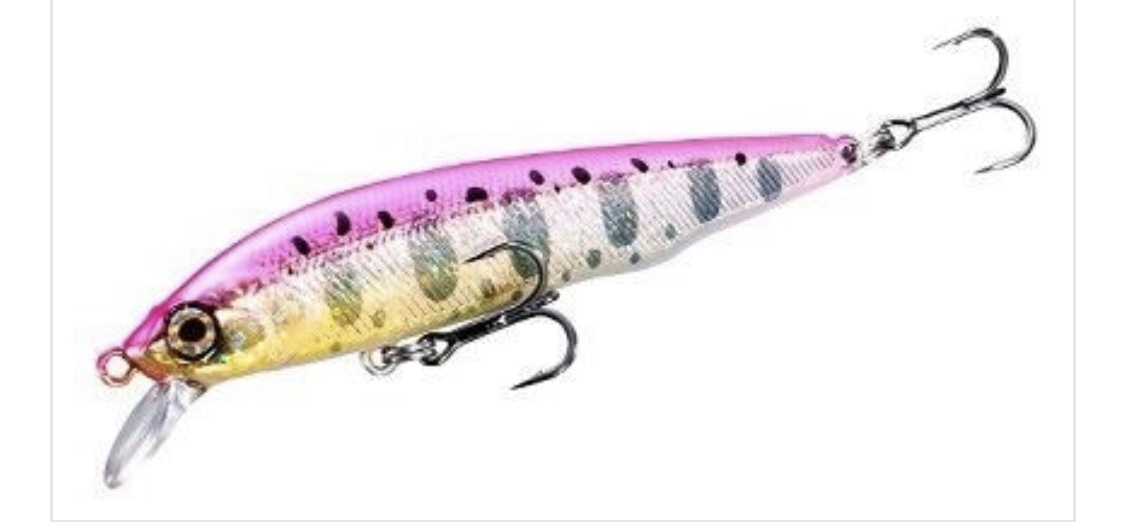
-
RE: Anyone like fishing? (when taking a break from Trumpet, that is...)posted in Lounge
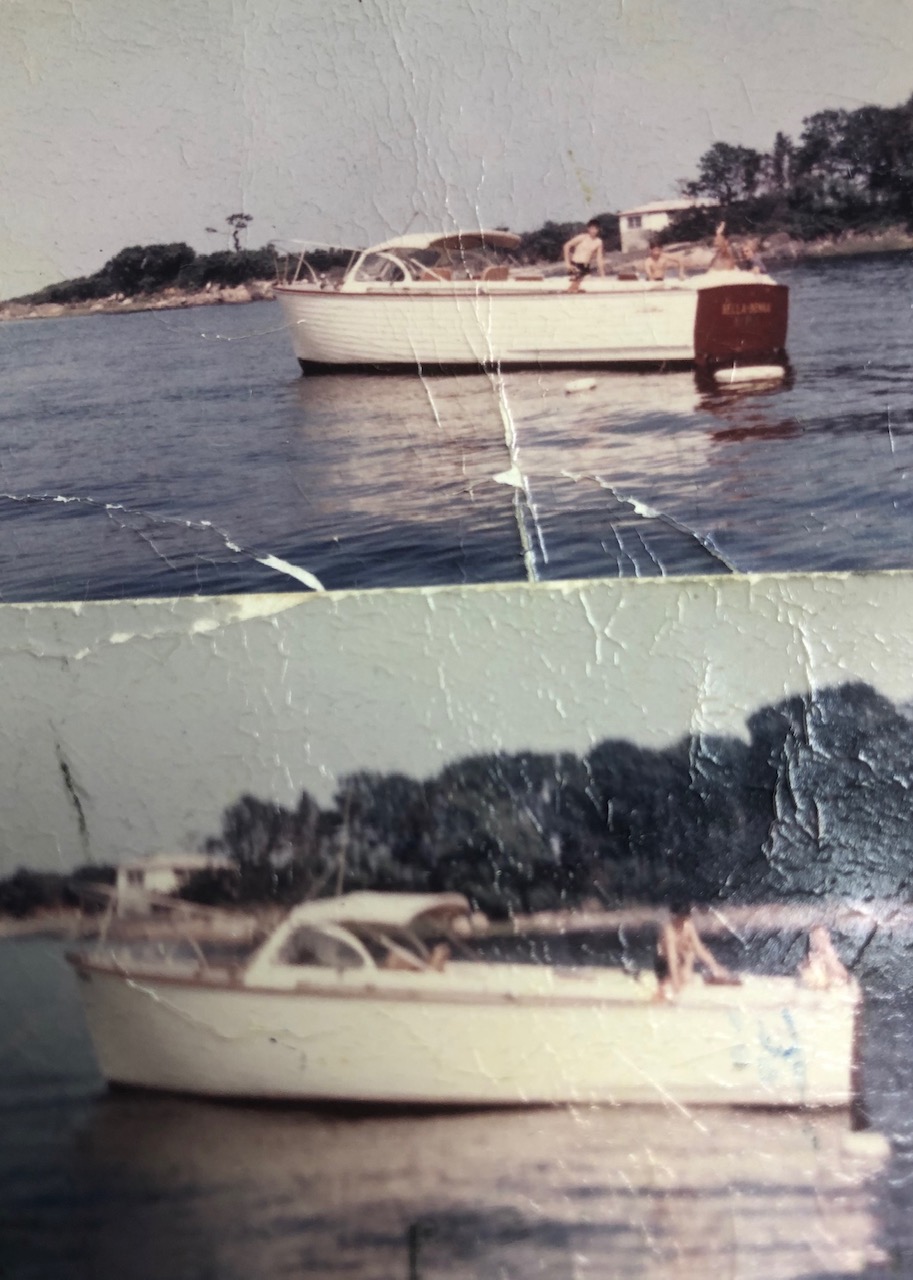 @ButchA
@ButchA
Butch,
Your post brings back fond memories. I also got my love of fishing from my father. When I grew up up in the 1950’s, my father owned a 1940’s 3 1/2 hp Scott Attwater outboard engine. He would rent a row boat from Cameron’s Boat Rentels in New Rochelle, NY, mount the outboard engine, and off we would go catching flounder, porgy, bergal, weakfish, blackfish, Boston Mackerel, or what ever else was out there.
As time went on, he purchased a 16 ft boat with a 35 hp Johnston engine, then a 21 ft boat, then a 30 ft Criss Craft Sea Skiff. He then followed the pattern of many boat owners and the boats started getting smaller until all he had was a 3 1/2 hp Scott Attwater engine, an Evinrude 5 hp outboard, and an old used row boat that he bought from Cameron’s Boat Rentals when they upgraded their fleet of rental boats. When the wood row boat rotted beyond repair, he was left with the outboard engines.
Interestingly, I followed the same pattern, advancing to a 34 foot charter fishing boat, that I had in charter for 12 years in Marathon, FL., and currently I am very happy to be boat-less. If I want to go fishing, I will charter someone else’s “headache”, and catch more fish then I would on my own.
For what it is worth, the above photos are of my father’s 30 ft Criss Craft Sea Skiff with me standing and him sitting in the stern area. -
RE: Anyone like fishing? (when taking a break from Trumpet, that is...)posted in Lounge
@Tobylou8 said in Anyone like fishing? (when taking a break from Trumpet, that is...):
Love fishing. Prefer wading mountain streams with ultra light gear. White Miller maybe the best lure I've ever used. It catches everything. Nothing like landing a 3 pound trout or large mouth bass in clear mountain water only 2-3 ft deep! I did catch a 5 pound Largemouth in a muddy pond whose eye was bigger than the spoon on the lure!! Will try to find the pic on my phone and post later.
I understand completely the thrill and challenge of ultra light gear, which uses 2-6 lb test line. Everything is relative though. The tarpon above weighing around 150 lbs was caught and landed on 20 lb test ( the heavy line in the photo is the leader). It dragged us over the flats (2-3 feet deep), into the channels ( 10-15) feet deep, tried to drag us under a bridge, and the fight lasted about an hour before we could get the fish to the side of the boat for a release. I’ve been in sailfish and marlin tournaments where we were given 17 lb test line that was required to be used, and released fish at the side of the boat. I’ve also caught pacific sailfish on fly rod with 16-20 lb tippets. Everything is relative. For example the tarpon above would be the equivalent of catching a 15 pound fish on 2 lb test given equal environmental issues.
-
RE: Anyone like fishing? (when taking a break from Trumpet, that is...)posted in Lounge
@ButchA
The fish was catch and release. Estimated 500 pounds. Had an estimated 900 pounder on for a short while and pulled the hooks. Had a 800-900 lb Blue Marlin on in Puerto Rico that looked considerably larger then the boat we were on. We released him, or I should say, he released us after about an hour of playing with us. Coincidentally at the time we were in Puerto Rico to attend the Heineken Jazz Festival with Arturo Sandoval as the headliner. See !!! I made it about Trumpets after all.
Here is s photo of a catch and release 150 lb Tarpon at the side of the boat at home in the Florida Keys.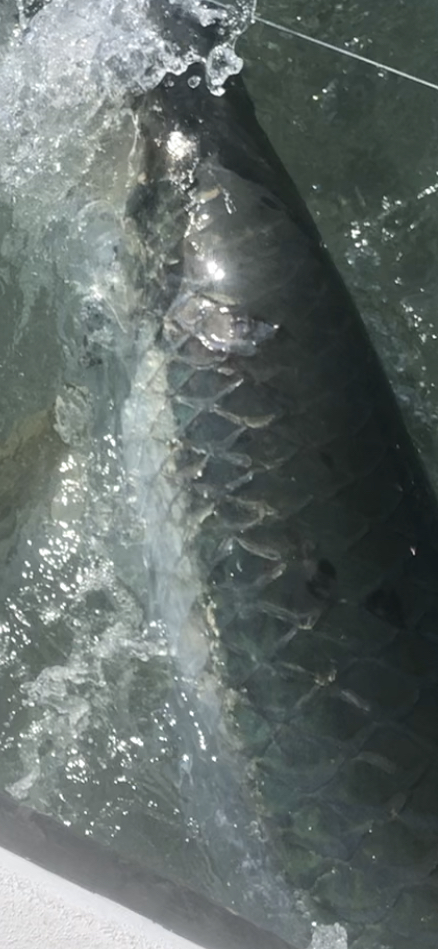
-
RE: Anyone like fishing? (when taking a break from Trumpet, that is...)posted in Lounge
@ButchA said in Anyone like fishing? (when taking a break from Trumpet, that is...):
Wow... Excellent photos of fish you guys have shown!

Honest - I have never been saltwater fishing. Never been out in the Atlantic, out in the Chesapeake Bay, etc... and gone fishing. I don't have the equipment (rods & reels) for it. I grew up a freshwater fisherman, all over various lakes, ponds, streams & rivers, etc... The best, most relaxing experience, is fly fishing in a shallow stream wearing waders, and nobody is around to bother you, no boats, no jet skis, and it's just you and the rushing water.
Great Barrier Reef- Black Marlin
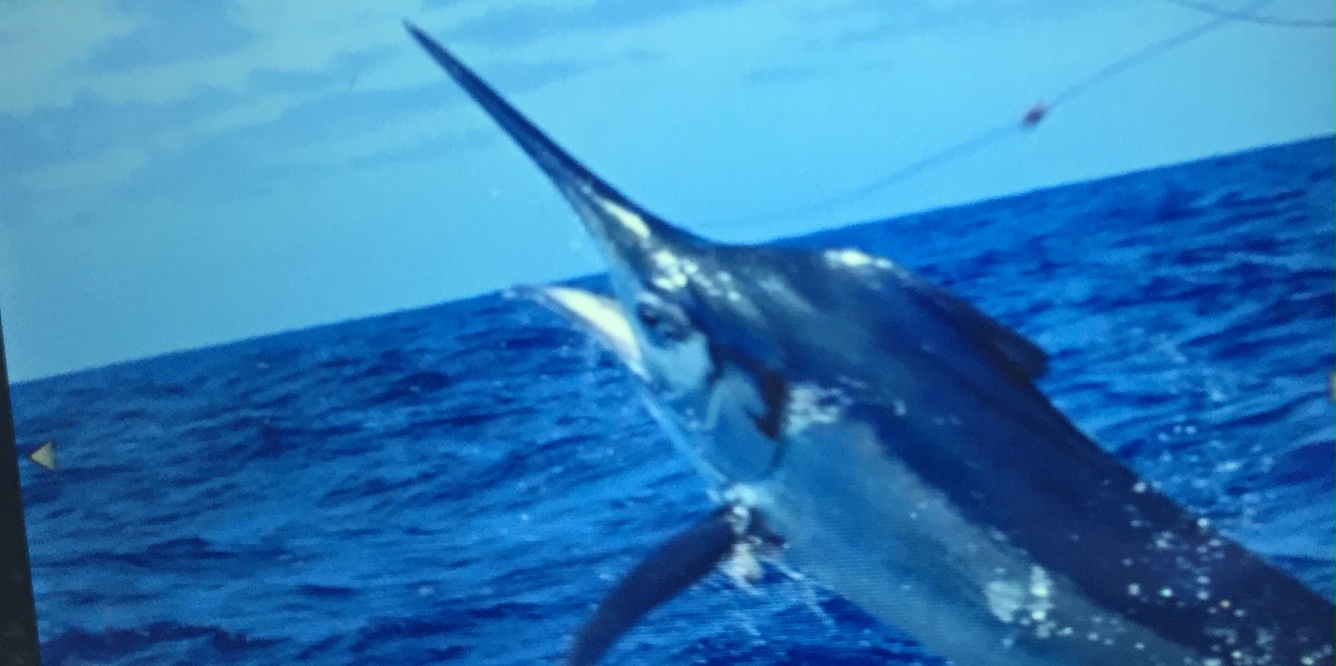
-
RE: Anyone like fishing? (when taking a break from Trumpet, that is...)posted in Lounge
@ButchA said in Anyone like fishing? (when taking a break from Trumpet, that is...):
I know this is the Off Topic section, so I just wanted to ask a quick question after returning from a little hiatus... When not practicing trumpet, playing gigs with bands, does anyone like to go fishing in their free time?
Even more than fishing, I love catching, especially when my kids were growing up, taking them fishing / catching. My son now, nearly 37, takes his kids down to a lake to fish. The following are some of his catches when he was four and nine.
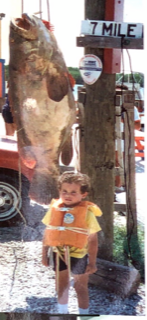

-
RE: Chet on Commitee?posted in Jazz / Commercial
@Kehaulani
Romano Mussolini, who died in 2006, is the pianist and Franco Cerri is on Bass. Cerri is also a respected guitarist.
Here are two interesting articles about Romano Mussolini: https://jazztimes.com/archives/romano-mussolini-dictators-son-and-jazz-musician-dies/https://www.telegraph.co.uk/news/obituaries/1509575/Romano-Mussolini.htmll
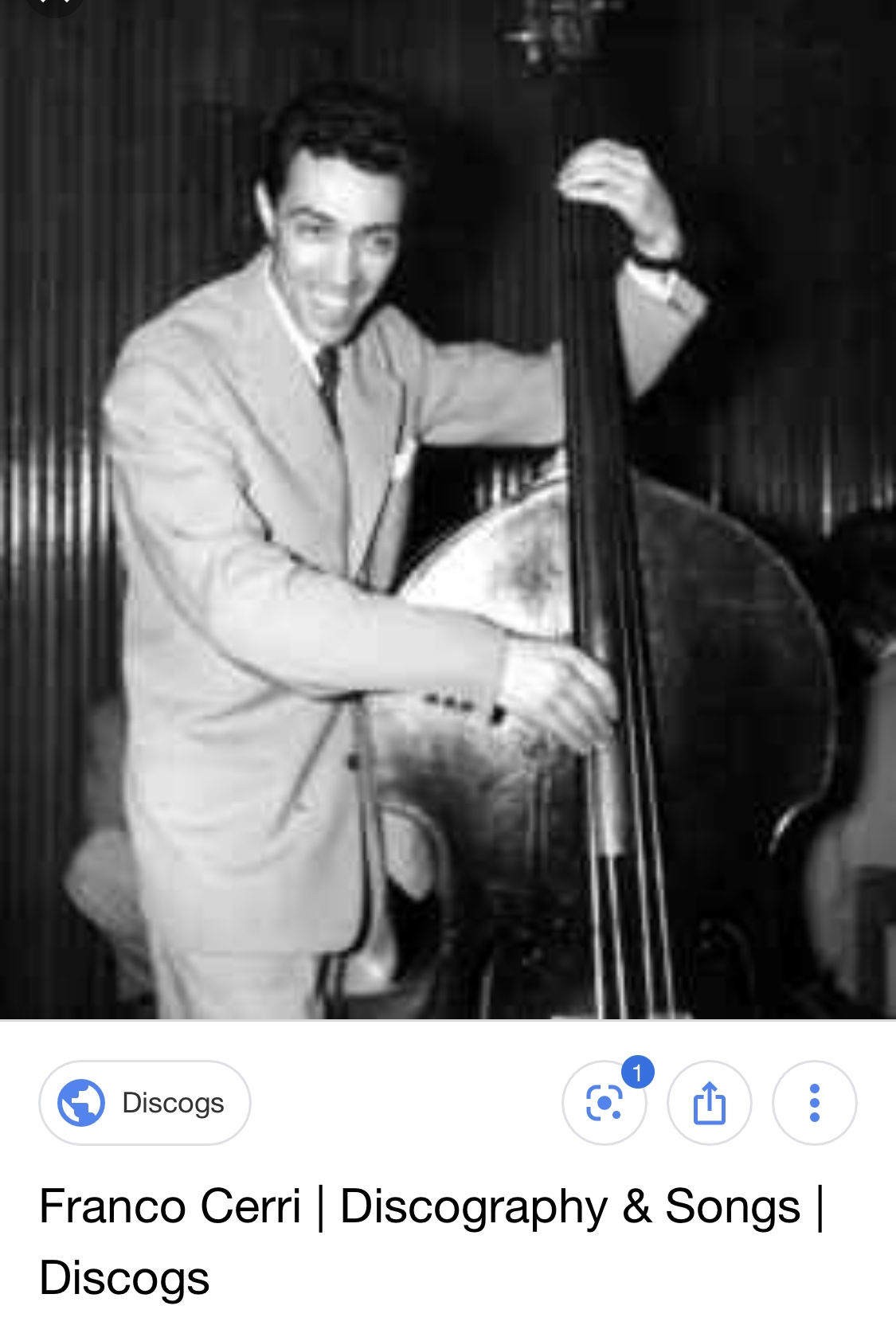
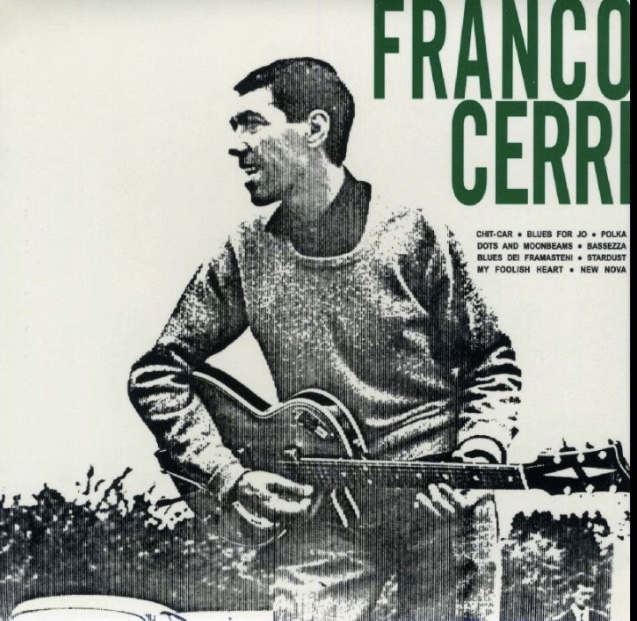
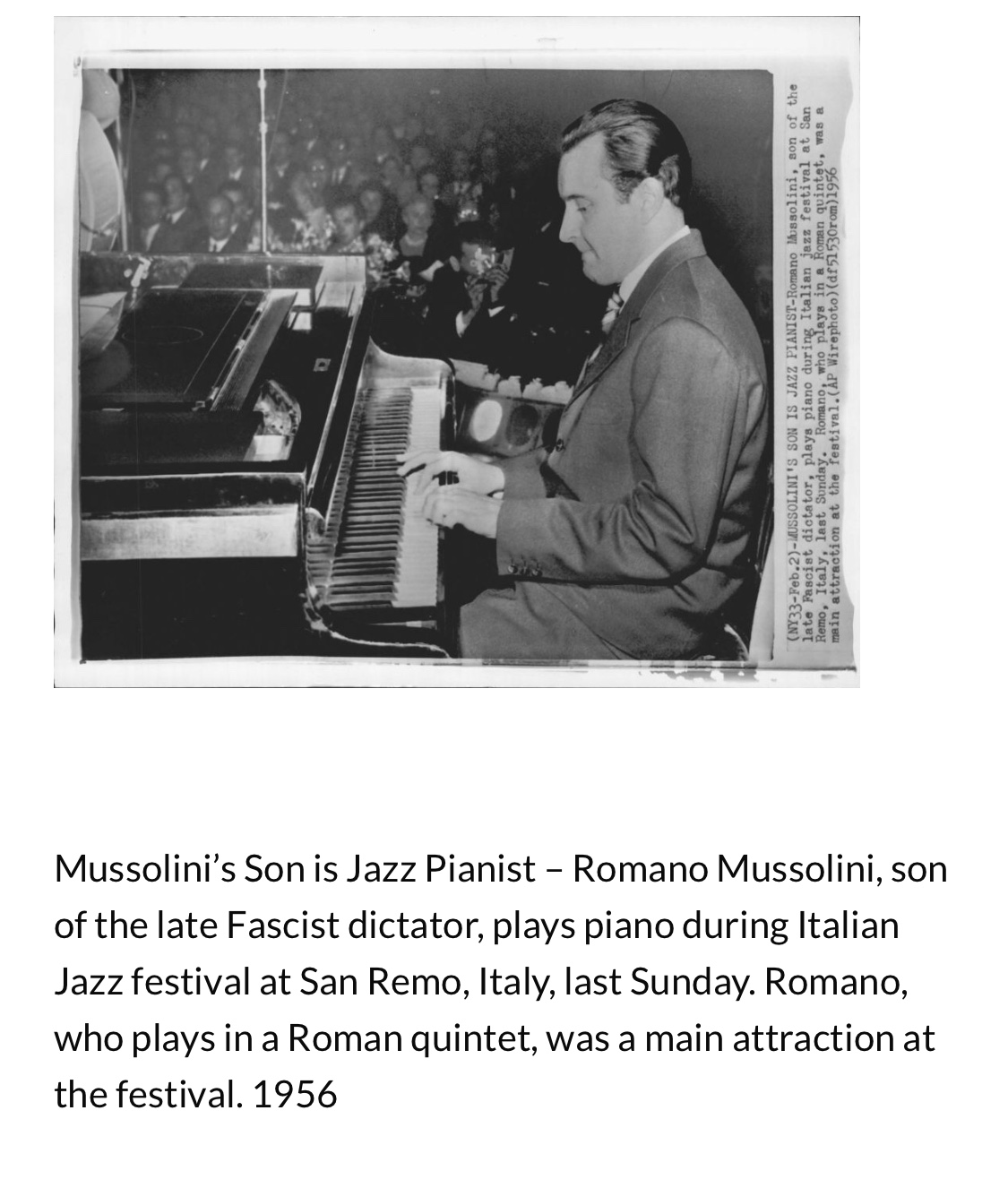
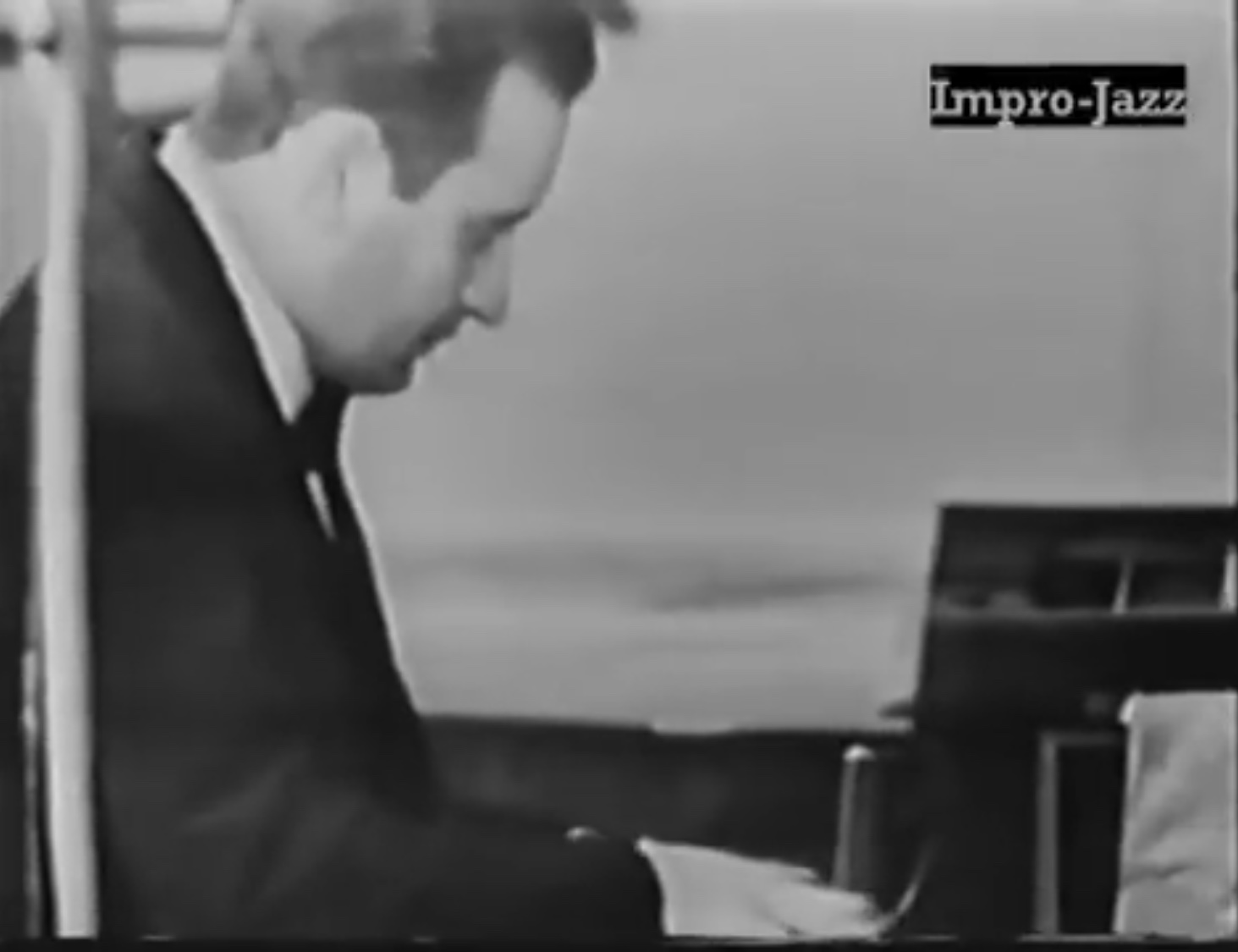
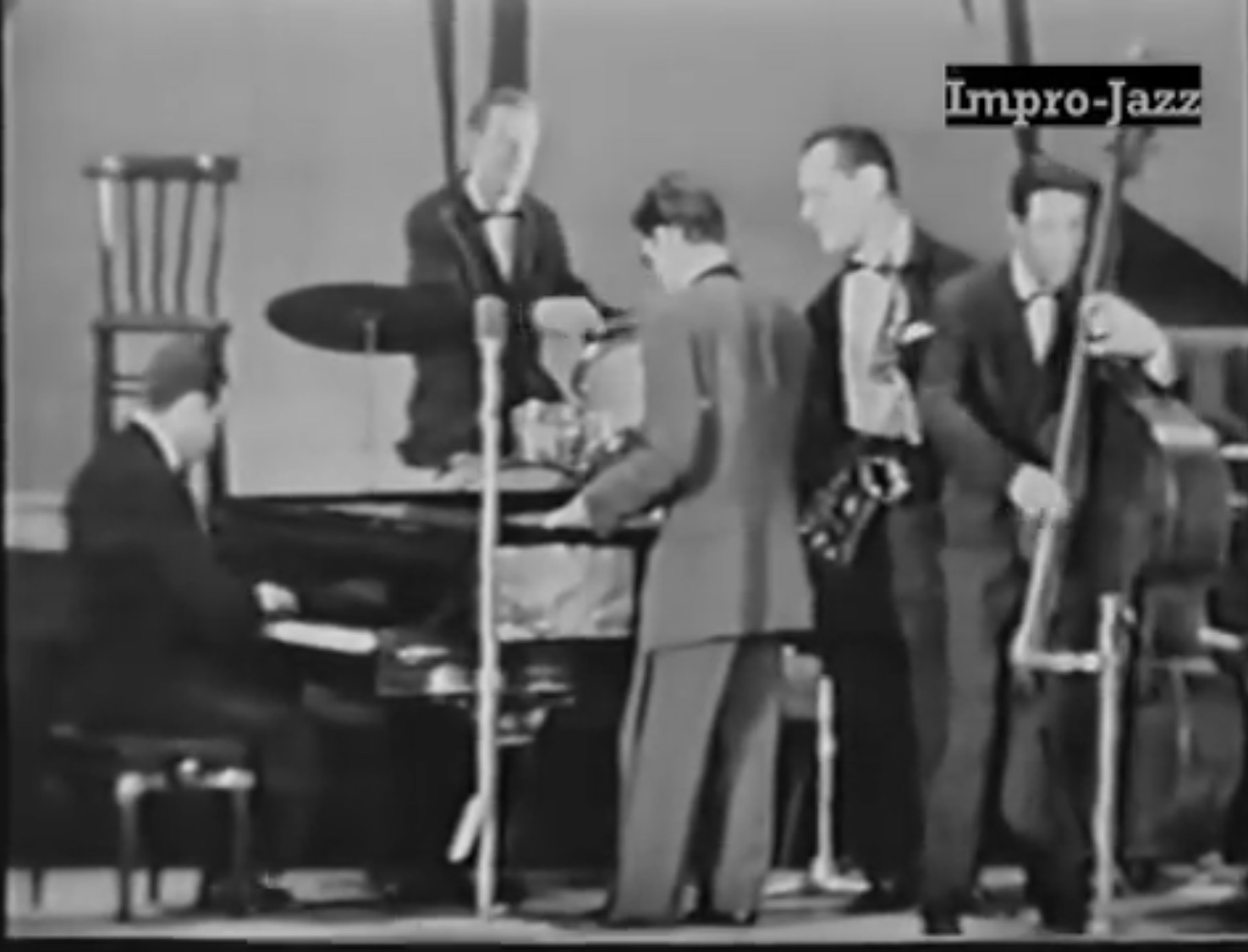
-
RE: Practicing with dronesposted in Miscellaneous
@tjcombo said in Practicing with drones:
Wonder if any TBers use drones as part of your practice routine? Apart from the great ear training benefits, I find it to be like meditation for trumpet. Relaxing and a lot of fun.
There are plenty of apps and resources available. I'm happy with the Drone Tone app - the web page has an online drone tool that works in a browser http://www.dronetonetool.com/
There is a good overview of drone usage and benefits here https://billplakemusic.org/2015/08/30/a-highly-effective-and-really-fun-way-to-improve-your-ears/
I used “Drone Tone Tool” for about six months when I was spending at least 30 minutes daily on the “Rusty Russell 19/30 Long Tone Routine”. I saw this in January 2018, revived on either TH or TM. I added the drone to this to improve my intonation. It seemed to help me and it was relaxing. When I have more time I will start this or a similar routine again with the drone.
-
RE: So, how's your Fourth?posted in Events
@Kehaulani
I’m in Massachusetts for the summer and I am playing in four Community Bands. Three are on Cape Cod and one is on the South Shore. One had a rehearsal Monday, played in a concert July 3 & 4, and will play in concerts July 6 & 7. Similar schedule until the middle of August when only two of the bands continue until the end of the month.
I feel like a traveling minstrel. It’s great!
